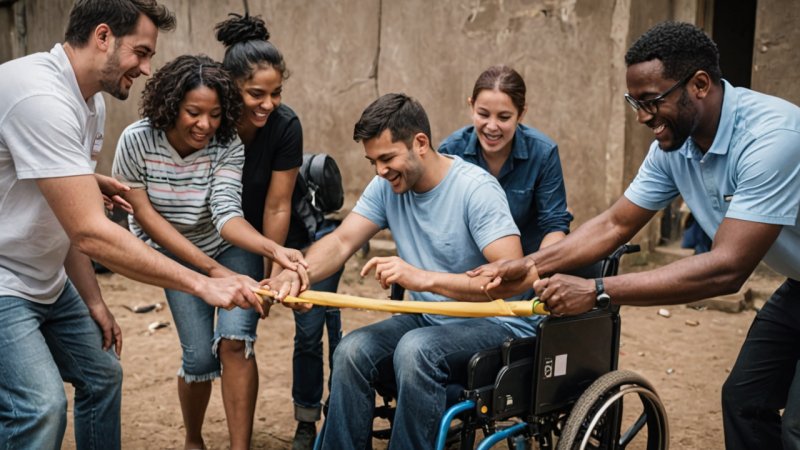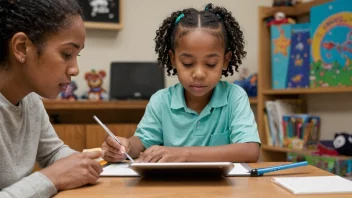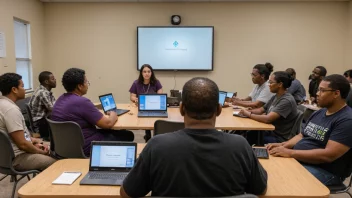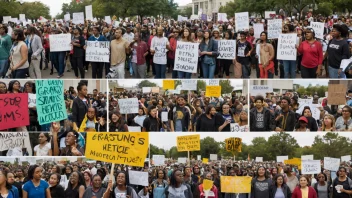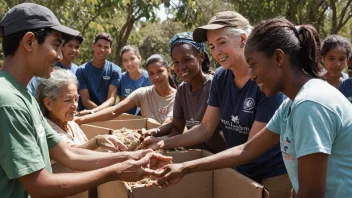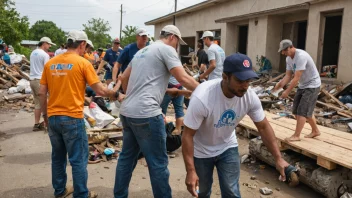In humanitarian efforts, the importance of inclusivity cannot be overstated. One significant area that often remains overlooked is the inclusion of individuals with disabilities. Across the globe, millions of people with disabilities face unique challenges, especially during crises. Addressing these barriers is not only a moral imperative but also a fundamental aspect of effective humanitarian aid.
Many humanitarian organizations are beginning to recognize that disability inclusion is essential for providing equitable support. This involves ensuring that individuals with disabilities can access essential services and participate in community rebuilding efforts. For instance, during disaster relief operations, it is crucial to design shelters and aid distribution points that cater to the mobility needs of people with disabilities.
Moreover, education and literacy programs must be adapted to be inclusive. This means offering materials in accessible formats and training educators on how to support students with diverse needs. Such initiatives can empower individuals with disabilities, enabling them to contribute to their communities and advocate for their rights.
Challenges persist, however. Many humanitarian aid programs still lack the necessary frameworks and training to effectively include persons with disabilities. This can lead to their exclusion from critical services such as healthcare, food distribution, and vocational training. Advocacy for policy changes is vital. Organizations can collaborate with disabled persons’ organizations (DPOs) to ensure that the voices of those with disabilities are heard in decision-making processes.
Individuals looking to get involved can start by educating themselves about the rights of persons with disabilities and the barriers they face. Volunteering with local NGOs that focus on disability rights can be a meaningful way to contribute. Additionally, advocating for inclusive policies within your community can help raise awareness and promote systemic change.
Global initiatives like the UN Convention on the Rights of Persons with Disabilities emphasize the need for inclusive humanitarian response. These frameworks guide organizations to adopt practices that ensure no one is left behind, particularly during crises. By adhering to these guidelines, humanitarian efforts can become more effective and equitable.
In conclusion, addressing barriers to disability inclusion in humanitarian efforts is critical for fostering a just and inclusive society. By recognizing the unique challenges faced by individuals with disabilities and advocating for their rights, we can enhance the effectiveness of humanitarian aid and empower marginalized communities. Everyone has a role to play in this movement, whether through education, advocacy, or volunteering. Together, we can break down barriers and create a world where everyone has the opportunity to thrive.
